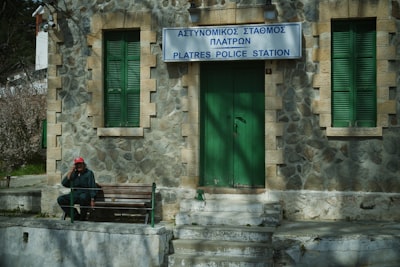Overview
The Multinational Security Support Mission (MSS) in Haiti is an international intervention initiative aimed at restoring security, supporting law enforcement, and facilitating the stabilization of Haiti amid persistent gang violence and state fragility. The MSS began operations in mid-2024, authorized by the United Nations Security Council and backed by the United States. The mission is led by Kenya, with the participation of several other countries, in response to the escalating humanitarian and security crisis in Haiti.
Background
Haiti has faced chronic instability, including political turmoil, widespread gang violence, and institutional breakdown, particularly since the assassination of President Jovenel Moïse in July 2021. Gangs have seized significant control over urban centers, especially Port-au-Prince, leading to rampant crime such as kidnappings, killings, and displacement of civilians. Previous peacekeeping efforts in Haiti, including those by the United Nations (such as MINUSTAH), have had mixed results and, at times, led to significant controversy due to allegations of abuse and the introduction of diseases.
Establishment and Mandate
The MSS was established following a UN Security Council resolution (Resolution 2699, October 2023) to create a new model for international assistance. Unlike prior missions, the MSS is not a United Nations Peacekeeping Operation but rather a Security Support Mission authorized by the UN and led voluntarily by participating member states, with Kenya designated as the leader. The mission's mandate includes:
- Supporting the Haitian National Police in restoring public order and combating gang-related violence.
- Protecting critical infrastructure and aid convoys.
- Facilitating humanitarian assistance.
- Supporting the return of internally displaced persons.
Leadership and International Participation
Kenya was selected to lead the mission, marking Africa’s first leadership of a major security intervention in the Caribbean. The Kenyan police and other security forces were deployed alongside personnel from a handful of countries, including those from the Caribbean Community (CARICOM) and other international partners. The United States and United Nations provided logistical, intelligence, and financial backing. The deployment aims to address not only policing challenges but also to help build local capacity for long-term stability.
Challenges
The MSS faces substantial challenges, including insecure operating conditions, logistical constraints, linguistic and cultural differences, and allegations of lack of adequate equipment and funding. Public scrutiny in troop-contributing countries, such as Kenya, has resulted in legal and political challenges to participation in the mission. Incidents like the disappearance of personnel have intensified debate over foreign involvement in Haiti and raised questions about the safety and accountability mechanisms for deployed forces.
Criticism and International Reception
While the MSS has been welcomed by segments of the international community and some Haitian citizens hopeful for security improvement, criticism persists regarding the history of external interventions in Haiti. Concerns include the potential for violations of human rights, sovereignty issues, and the long-term effectiveness of outside-led security missions. The mission’s progress is closely monitored by international organizations, human rights groups, and the UN.
Conclusion
The Multinational Security Support Mission represents a new chapter in international responses to complex crises in Haiti, reflecting evolving doctrines of multilateral support outside the traditional UN peacekeeping framework. Its success and legacy will depend on its ability to restore security while fostering Haitian ownership of stabilization efforts and addressing the humanitarian needs of the population.

Comments
No comments yet. Be the first to comment!